
Transcription
Human Services 1/7
B. Description of Class Assignments
1. Class preparation and participation (25%= 125 pts)
In this class, students will develop both knowledge and skills concerning effective communication used by human service professionals. To develop this knowledge and skill base, in-class participation is vital. Students are expected to actively engage in all class activities. Before each class period, students are responsible for completing the pre-class reading/assignments. These completed assignments should be brought to class and may be collected. They will be used for quizzes, discussions, and class activities.
2. Three reflection papers (30% = 150 pts)
Throughout the semester, students will develop knowledge and skills related to intrapersonal and interpersonal skills necessary for effective helping. Both in class and out of class, students will complete reflection exercises. Students will review all reflection assignments and synthesize their learning into 3 reflection papers. An in-depth description of the paper assignments, including the grading rubric, will be provided to students.
3. Three tests (35% = 175 pts)
Each of the three may contain both objective and subjective questions. The first test will be worth 45 pts. The second will be worth 60 pts, and the final exam will be worth 70 pts. Each test will assess course content that students obtain from readings and content covered during class time.
4. Group Presentation (10% = 50 pts)
To provide evidence that students have learned effective communication skills, they will design and present a role-play of poor vs. effective communication. An in-depth description of the assignment, including the grading rubric will be provided to students.
Class Schedule Outline
Class / Date / Topic / Assignment Due
1 / 1/16 / Introduction to class, Helping relationships: characteristic of a helper /
2 / 1/18 / Helping relationships: characteristics of a helper / Syllabus & Parsons ch. 1, Supplemental materials 1, 2, & 3 / 23rd
3 / 1/23 / Helping relationships: coaching, Self-awareness: experiential learning & emotional intelligence / Thomson ch. 1, Thomson ch. 2 / +
4 / 1/25 / Self-awareness (self as student): learning- metacognition & neuroscience / Supplemental materials 4, 5, 6, & 7
5 / 1/30 / Self-awareness (self as student): learning styles & multiple intelligences / Supplemental materials 8, 9, 10, 11, & 12
6 / 2/1 / Self-awareness (consistent self): personality W/C / Thomson ch. 3, Supplemental material 13
7 / 2/6 / Self-awareness (social self): belongingness & conflict in interpersonal relationships (including helping) / Thomson ch. 6, Supplemental material 14
8 / 2/8 / Burn out prevention Self development and self care including goals and time management and burn out prevention plan / Supplemental material 15 & 16 & Parsons Ch. 11 (pages 166-173)
9 / 2/13 / Reflection: self-awareness and self development / Supplemental material 17 & 18
10 / 2/15 55? / Integration of helping relationships & self-awareness topics: Class discussion day / Supplemental material 19; Review all material 1/18-2/13 Rough draft: reflection paper #1
11 / 2/20 / Test 1 / Test preparation
Happy Birthday
Supplement #1:
Overview of Semester Concepts
Concepts / Definition / Application/question to be answered this semester.
Self awareness / Knowledge of 1) who you are; 2) what is important to you; 3) your gifts and limitations; and 4) values/beliefs that guide your decisions/actions. / Primary focus of semester.
Motivation / Reasons for your desires, decisions, and behaviors. / What is your motivation for being a helper?
Beliefs, values, & biases / Beliefs=ideas a person believes are true. These involve various aspects of the world (moral, spiritual, social, political, economic, etc.) *Examples of categories of beliefs: communication; work; money; God/spirituality; politics; emotions; the role of the individual vs. the role of the community; and family (gender roles, elders, ancestors, child rearing, marriage, etc.).
Values=principles that guide a person's life; informed by a person's beliefs
Bias=a tendency to prefer one thing over other things. This can involve multiple areas including food, daily activities, people, etc. / What are you beliefs, values, and biases? How do your beliefs, values, and biases intersect with the helping relationship? How do your beliefs, values, and biases change over the course of the semester?
Cultural framework and worldview / "A mental framework through which individuals and groups view the nature of reality, the nature and purpose of human life, and the laws governing human relationships" (International Education for Peace) / What are your cultural beliefs? What is your cultural identity? How does your culture intersect with the helping relationship?
Facilitative values & attitudes / Characteristics that helpers possess. These are essential for effective helping relationships. / What do you believe about human nature, human change, the helping relationship, and the role of the helper?
Emotional objectivity & regulation / The ability of the helper to identify his/her emotions and then to distinguish between his/her emotional needs and responses and the helpee's emotional responses. / What is emotional intelligence? Where are you strong in the areas of emotional intelligence? What are your areas for growth?
Investigative approach / The process of using information, questions, and hypotheses to help others. / In what ways do you use the investigative approach for self-awareness specific to the experiential learning process? In what ways do you use the investigative approach when you are the helper?
Striving for competence / Ongoing development of knowledge and skills for effective helping. / In what wats have you grown this semester and in what ways do you hope to continue to grow?
Experiential learning cycle / A reflective cycle that increases knowledge and competence. Involves experience --> reflection --> making sense of --> performing differently --> experience / What is the process for understanding your experiences? How can you use new knowledge of your experiences to perform differently in future experiences?
Intrapersonal skills / Skills for understanding self. These include: self awareness, the GROW model, experiential learning cycle, emotional intelligence, neuroscience, learning styles, multiple intelligences, personality, self development, and self care. / Who are you as a student? Who are you/who do you want to be as a helper? Who are you in my interpersonal relationships? How do you make changes for growth? How do you protect yourself from burn-out?
Interpersonal communication skills / Skills for understanding interactions with others. These involve: belongingness, conflict styles, conflict resolution, theories of helping, and effective interpersonal communication. / What knowledge and skills do you need to be effective in interpersonal relationships? What knowledge and skills do helpers need to be effective interpersonal communicators?
Personal Reflection #1
Goehler
Whispers
Describe a time you gave or received HELP
Bullet points 3-4 sentences 1-16-18
(Help isn't always helpful)
- A lawyer "helped" me in court
- A police officer "helped" me confess
- A priest "helped" me understand the difference between Jesus and Santa Claus.
- I've helped numerous people learn to THINK for themselves. To observe and consider how they process information.
- I've helped countless people learn how to look words up to define what they don't quite understand.
- I've helped a number of people learn more about the technology of communication, understanding the reality of different points of view, and the value of admiration.
The questions on the Reading Guide our small group considered: (Sans Text)
"Helping may be perfectly natural, but is NOT done perfectly, naturally",(?) indicated that there must be a science of helping. (!)
"What is helping"? Assistance! To give or receive aid.
"What does it mean to be a helper"? "What do you do/say/feel"?
I ask of course, if the person would like some help. Humbly I express interest and help them identify what the problem is patiently. I express interest and help them consider solution options. Then I validate their reality and suggest and refer.
"What do you expect from people that you help"? Interest and willingness to understand and apply effort to help - themselves, "What is my degree of responsibility, control, authority and power in a helping relationship? To the degree that i can establish communication and help identify the problem(s) and help them consider solutions, my responsibility is merely the power of persuasion to help them understand and have the confidence to help themselves.
"What should you NOT do as a helper"? You should not disable the helpee by not allowing them to participate in the process of identifying the problem/options, etc.
1-18-18
Impression of 1-16-18 class/instructor:
It was so very chaotic, crowded and late to begin class that my aggravation was only exacerbated compounded with missing syllabus and text books.
But then today, with a few less unruly students, I watch the adept Control and Communication establishing the reality we can all expect.
I'm excited to see what I will discover in this class - which I'm going into as pure research, since I've no Career Plans in HS with a release date of 2040, or so.
Nevertheless Doctor Jones, feel free to call on me anytime for my point of view - or to demonstrate what ever it is you need.
Supplement #2
Relationship between Beliefs, Values, Attitudes, and Behavior
Retrieved from http://www.iaa.govt.nz/ethics-toolkit/personal.asp
[graph]
Supplement #3
Relationship between Beliefs, Values, and Attitudes
Retrieved from http://www2.bakersfieldcollege.edu/jgiertz/many_beliefs_form_values_which_s.htm
[graph]
Other posts by this author
|
2023 may 31

|
2023 apr 5
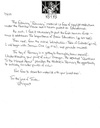
|
2023 mar 19
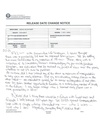
|
2023 mar 5
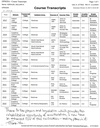
|
2023 mar 5
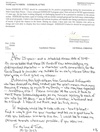
|
2023 mar 5
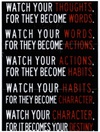
|
More... |
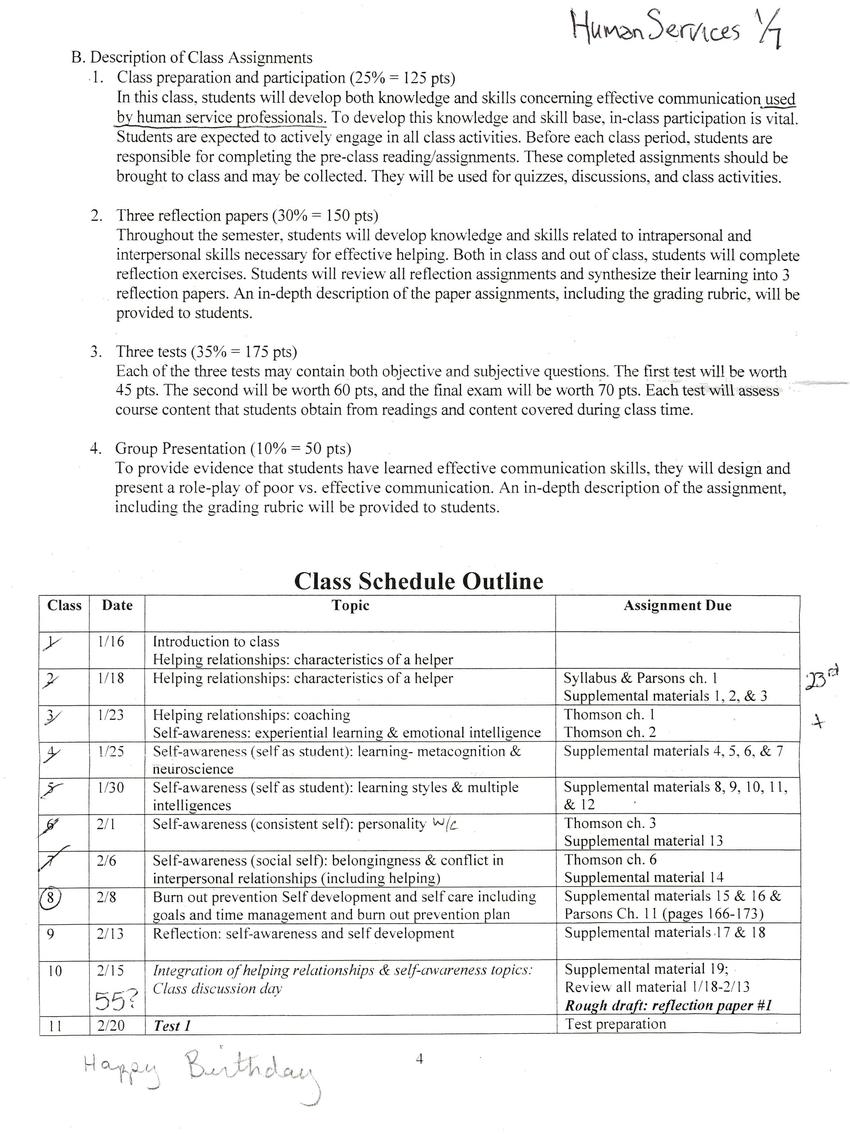
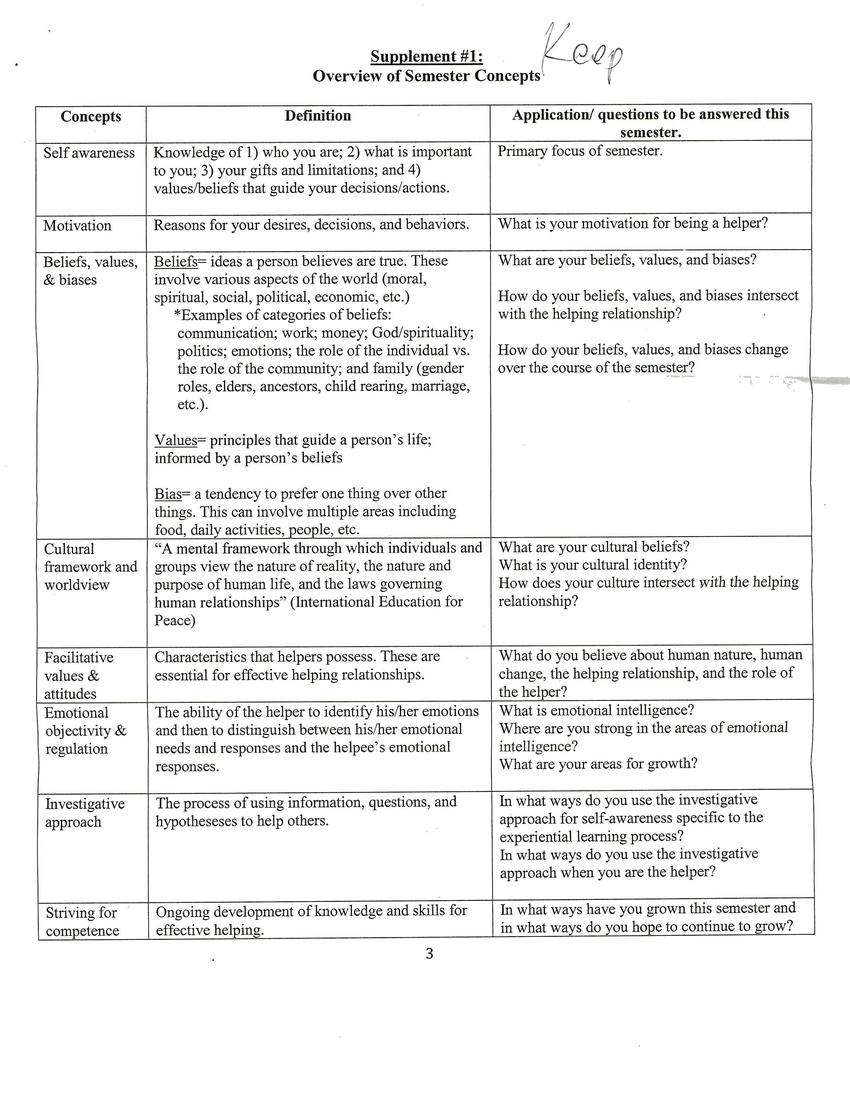
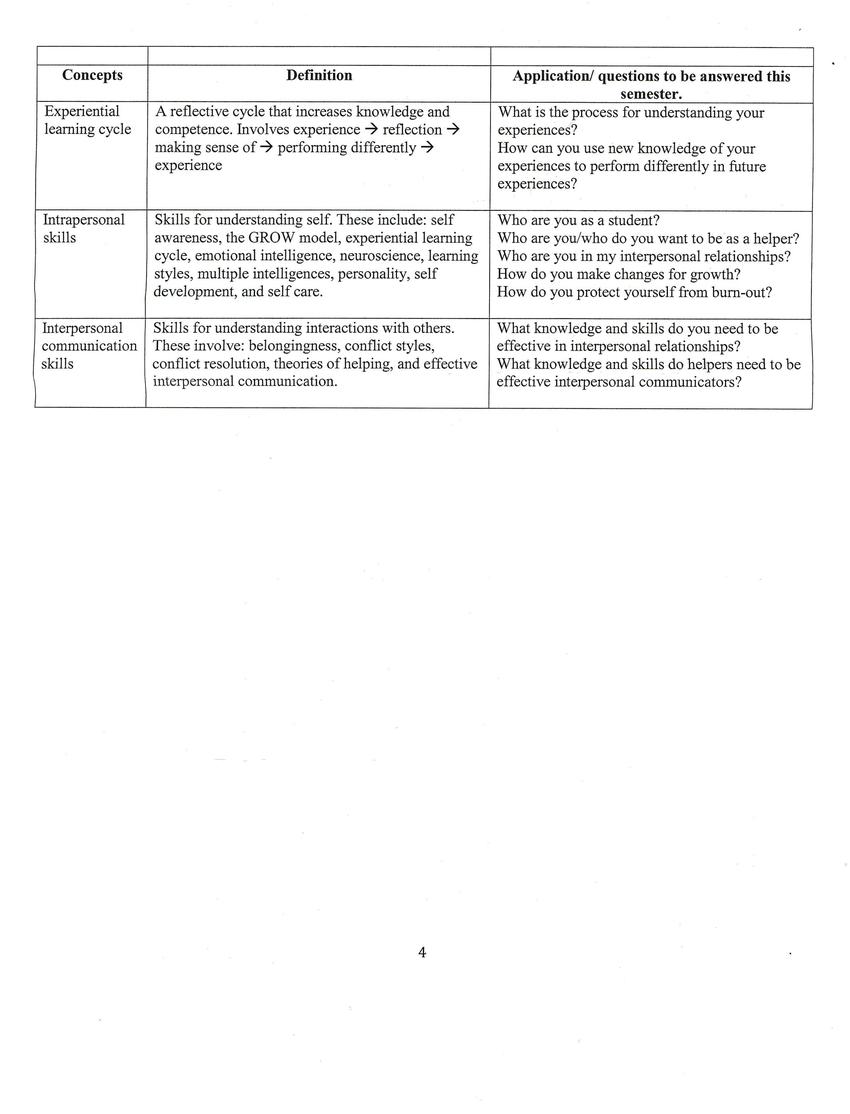
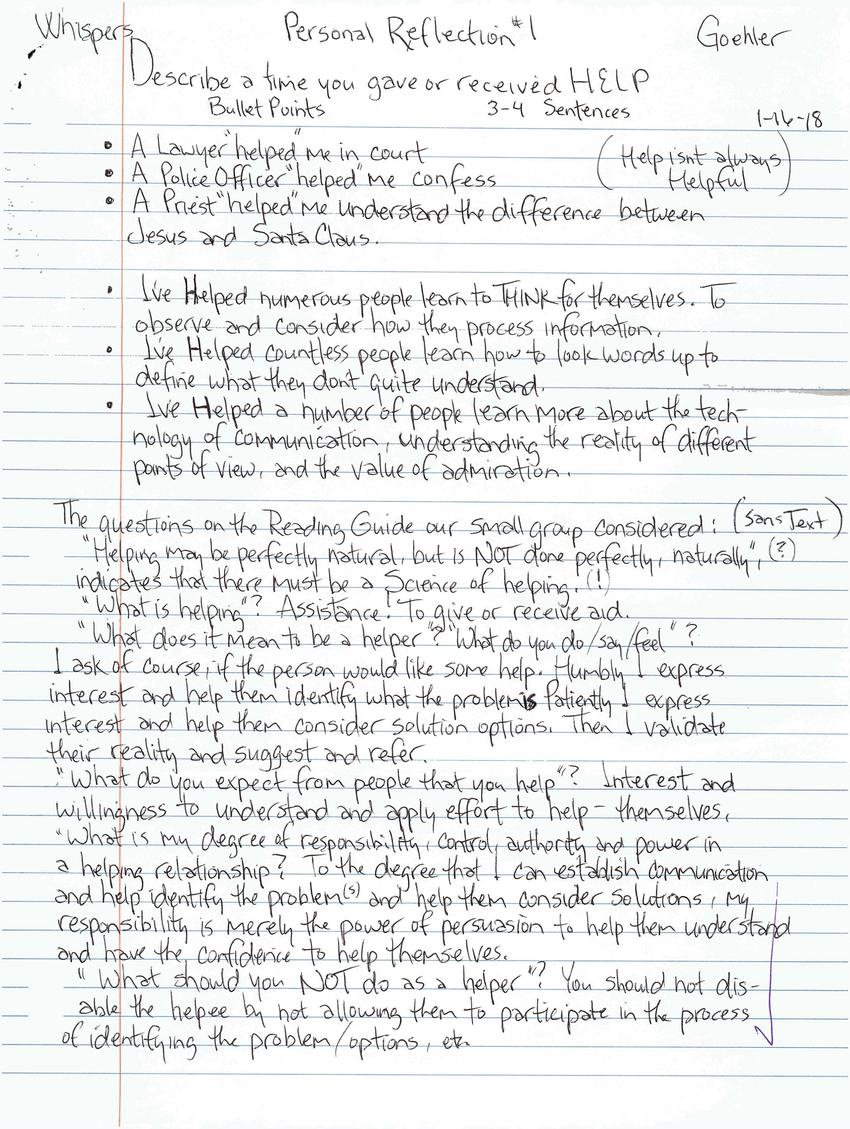
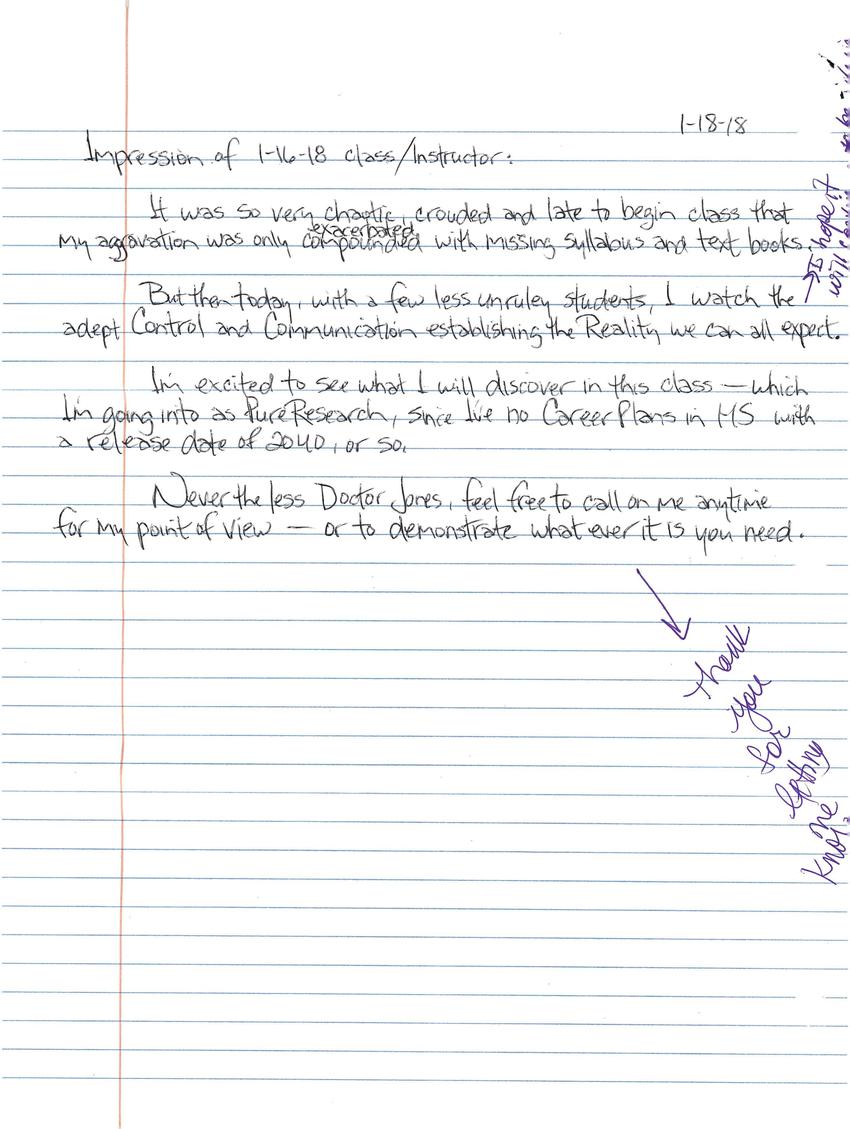
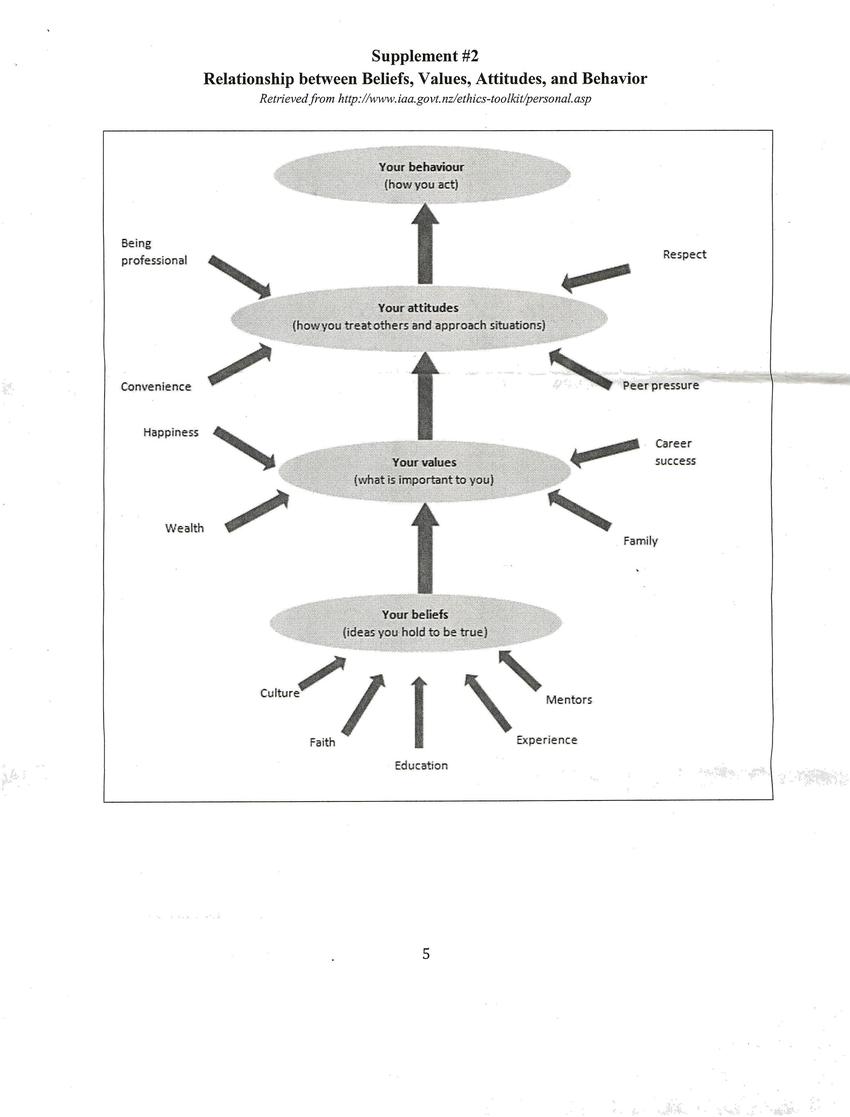

Replies (21)
HELP-- LMAO, A lawyer helped me in court...haha,
A police officer helped me confess ( sweet Jesus)
A priest helped me understand the difference between He'sus and Still Nick!!!!
Bravo man excellent Whispy, Help is not always helpful is it? As a matter of fact too much help creates a co-dependent.
Sig.
Sowilo will work I suppose.
Hera-cules his labours have made him one of the most epic hero's in mythological tales. He is one of the best known Heroes. Named by the Pythia Herself. Meaning Glory of Hera', I've read that his whole life vocation was to glorify Zeus wife, the greatest of the goddesses,
Among the Parsis the influence of Anahita( the virgin of the Holy Spirit) is always described as a fountain descending on the saints and heroes to whom she gives strength, and in the figure herewith this fountain, springing from the Goddess of celestial waters, is seen descending upon Hercules ( born on December 25th by the way) this cleansing water enabled him to cleanse the stable of Augeas.The popular version of this legend is that Hera-cules accomplished his arduous task by diverting the river Alpheus. The Greeks worshiped Hera-cules under the symbol of a square.The same as the Scandinavians worshipped WOTAN ( The Dice God).The British name for Hera-cules was OGMIUS, the spinner. Among the druids OGIUS, whom Rhys equates with the Greek Logos, was represented as an OLD MAN followed by a multitude, whom he led by slender and almost invisible golden chains fastened from his lips to their ears. He was regarded as the power of Eloquence, and might be termed the coax.( Persuading the simpletons) kinda like you do by the way!!!!! Anyhoot the twelve labours of Heracules are related to the twelve signs of the Zodiac ( Duh) the seasonal tasks of the year and the tasks through the different periods of life. But above all the inner symbolic task of coming to grips with the unconscious, and bringing unconscious content into the light of consciousness. Hera-cules is a Sun Hero, Symbol of Ego consciousness, but one who integrates much unconscious content,and gains Immortality.
The madness of Heracules: He first cracks up( ring a bell?) Then he is armed by the god's: with special weapons required for doing battle with the inner unconscious realm. He fights the Lion: which is the physical counterpart of the Sun, symbol of the conscious Ego; therefore he does battle to subdue his own physical nature first.
Not far from the entrance to the underworld he does battle with the Hydra: as soon as he crushes one head with his club two or three more grow in its place: Trying to slay the monstrous negative of nature in the outside world does not work. He has to withdraw projections and sever it's immortal head i.e. attack it's essential nature in the unconscious. The pursuit of the hind, which has to be brought back alive: Possibly refers to the pursuit of archetype-of-life (feminine). His chase takes him to the land of the Hyperboreans,
The persona of Jung? Interesting you should mention Him and THAT! I love the great Ayan Christos..It was he that awakened the Christos in me. His great work "Psychology of the unconscious" ( You guided me too by the way) Had a profound impact in me! The peridium " the leather bag" that holds all the inner mysteries of the Self. The persona, the social facade the actors mask, takes one to the word prosopopoeia and reveals much in this concept. Which again can take one to Archtype and the persona of the gods all being masked in symbols. As the great Carl G Jung states " He looks outside Dreams, He looks within Awakens" Symbols being the gateway to what is within and hidden from the ones who dare not be real with themselves. I guess that's what seperates the poetasters from the true inspiration of the prosopopoeia. The poet's masking the spirit in symbolism as did the troubadour's in the King's court. But then if they were to reveal this inner instruction of the great love of the minnesingers they would of course be executed. So they became as fools ( Jester's) as the ol' Shakespeare states in his translation of Holy writ one must become a fool to be wise.! So I'm sure you have appeared as a fool to some, that ol' mask you wear to repulse the unworthy. Shaved eyebrows and all.or maybe the hair was in the way of vision and it being a symbol of your clearer vision...lmfao. Be Blessed Whispy. Much love from the Wolfs Lair.
Sig.
Sig.
The website on forgotten books I found years ago. I have several books from this site downloaded on my tablet. Thanks for the heads up though.! I have glimpsed this concept your projecting although my perception could be different than yours. Divine thought moves the sublime fire . As you are well aware of the ethereal fleetings of that net of thought. My glimpses of the nooosphere are light as a feather. Thank you for the reply. SIG ∆π